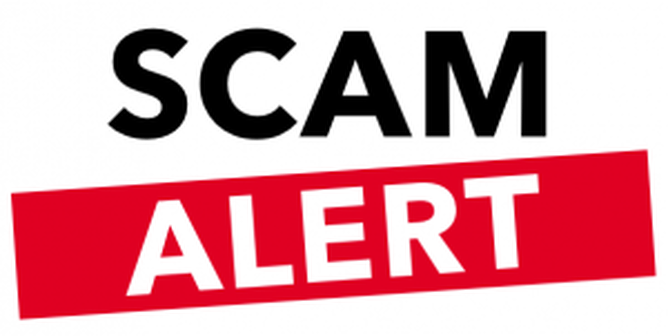One of the benefits of working closely with a financial planner, is that they are there to answer any of your questions about financial offers that look interesting. As well as pointing out the risks and costs and lack of liquidity of offers, because we live and breathe the investment and financial world, we tend to be able to spot a scam immediately.
However, for people who don’t have those kinds of relationships, the risk of being hit by a scam can be very real. The FMA has just released a reminder to people to be wary – just like you would be with your cyber-security.
This information is worth sharing with your friends and colleagues who don’t work with Moneyworks, to make sure that they don’t get caught.
FMA urges investors to know scam warning signs
His case is being highlighted by the Financial Markets Authority (FMA) as part of the Ministry of Business, Innovation and Enterprise’s Fraud Awareness Week.
When Bob received a call from an overseas company, he initially said no. However, he did some research on the company and it looked legitimate. At the time it did not appear on the FMA’s warnings lists and wasn’t connected to any scams.
Over a period of time, Bob paid the scammers a total of $67,000. He became suspicious when the company told him the shares had been sold, and he would receive the funds the following week. He never received the money and was later told he’d need to pay another $21,000 to get the funds released. Bob hasn’t paid this.
He continues to receive up to six unsolicited calls a day. Read his story to learn the warning signs.
Knowing the warning signs can stop you being scammed - Bob’s story https://fma.govt.nz/investors/avoid-scams/real-life-scam-stories
Moneyworks Note: The FMA has two other scam stories for you to read as well:
Paul Gregory, FMA Director of External Communications and Investor Capability said, “The best thing investors can do to someone cold-calling offering an investment from offshore is to put down the phone. Ignore that e-mail. If you hand over money and it turns out to be a scam, it’s often impossible to get your money back.”
Before you invest:
- Check if the provider is licensed by the FMA. A licensed provider offers you greater protections. Registration on the Financial Services Providers Register does not mean a provider is licensed.
- Make sure the company isn’t on our warnings list.
- Be extra cautious if the provider is based overseas. If it is a scam it’s often impossible to recover your money. (https://fma.govt.nz/news-and-resources/warnings-and-alerts/a-z-list-of-all-fma-warnings/)
- Read the FMA’s steps to protect yourself. (https://fma.govt.nz/investors/avoid-scams/steps-to-protect-yourself/).
In October 2017 the FMA recorded the highest number of monthly calls about fraud, scams and cold calls for more than two years. This may partly reflect the FMA highlighting issues around binary options fraud as part of World Investor Week.
If you have any thoughts or opinions that you would like to share, visit us at our Twitter, Facebook or Linked In pages, and comment.
For more blog entries that you might be interested in:
How safe are your New Zealand Term Deposits?
How to get the most out of your term deposits
Investment Returns – Why assumptions are important
By Carey Church






